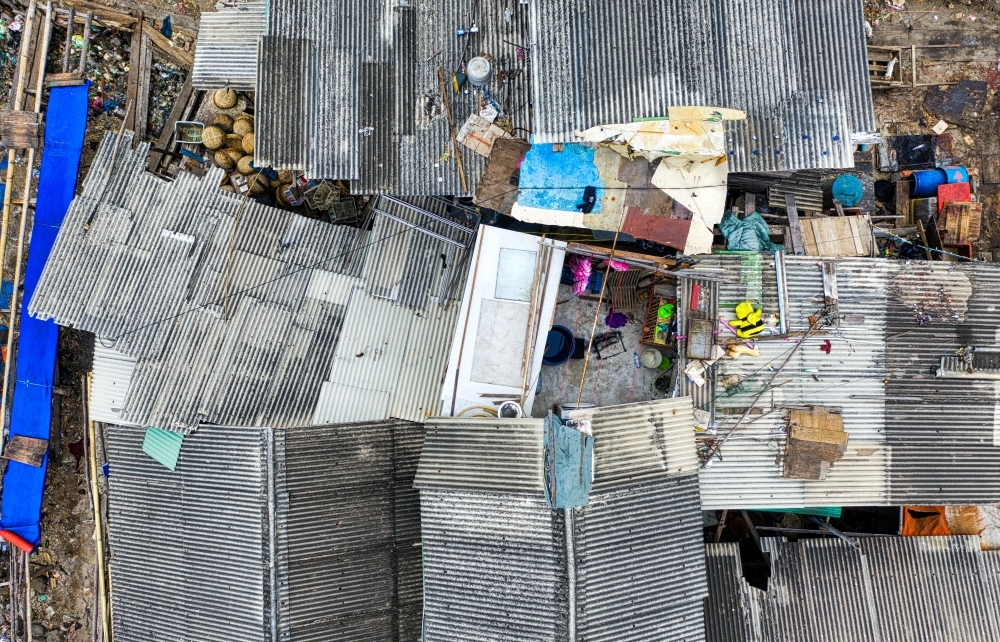Informal settlements reach crisis point
NUST programme aims to transform urban areas in a structured way
Dr Guillermo Delgado of the Namibia University of Science and Technology (NUST) yesterday presented the study, “Participatory Informal Settlement Upgrading Project: Namibia (PISUPN)” to members of the media.As project manager, Delgado has already made some progress with post-graduate students in creating a strategy that aims, as he describes it, “to deal with the evident Namibian crisis, which has been caused by the emergence of numerous informal settlements across the country”.
Delgado is a Research Associate from the Department of Land and Real Estate Sciences (DLPS) at NUST and he is the coordinator of the Integrated Land Management Institute (ILMI). He previously worked as project leader on the National Housing Program for the Ministry of Urban and Rural Development (MURD) and is currently leading the Urban Forum programme at NUST.
Furthermore, he is working towards formally involving the Namibian media in the project – not in the physical construction work but to strengthen public awareness of the housing crisis, which ultimately manifests itself in the emergence of informal settlements.
Besides NUST, other institutions involved are the Namibia Housing Action Group together with the Shack Dwellers Federation of Namibia (SDFN), as well as UN-Habitat, the German Society for International Cooperation (GIZ), MURD and the City of Windhoek.
Delgado expressed his belief that the media could also take on the role of “watchdog” in the hope that this would hold participating institutions accountable.
“It is no longer about one or two houses that have to be built. We need to find a strategy that will allow us to anticipate the emergence of informal settlements and formally incorporate them into the city while systematically repurposing existing settlements. That’s why we have the Association for Local Authorities in Namibia (ALAN) on board, and they have to show political will.”
International trend
According to Delgado, Namibia is following the international trend with around 70% of the population moving to cities.
In Namibia, an average of 50% of the population now lives in informal settlements.
“To close the backlog and meet increasing demand, we need to build 22 000 homes a year. It is easier and cheaper to do this by supporting self-help programmes like the SDFN because in that way we can save,” he said.
During the discussion, journalists referred to experiences that could be included in the considerations of the project.
“I know from various conversations that there are people who don't want houses here because they don't see Windhoek as their home. They want to work here and when they retire, they want to go back north with no outstanding commitments,” one journalist said. The remark was met with approval, but it turned out to be mainly a generational difference.
At the request of the media, the NUST team now wants to create an information series that can be brought uniformly by the media, which could lead to more assistance emerging.



